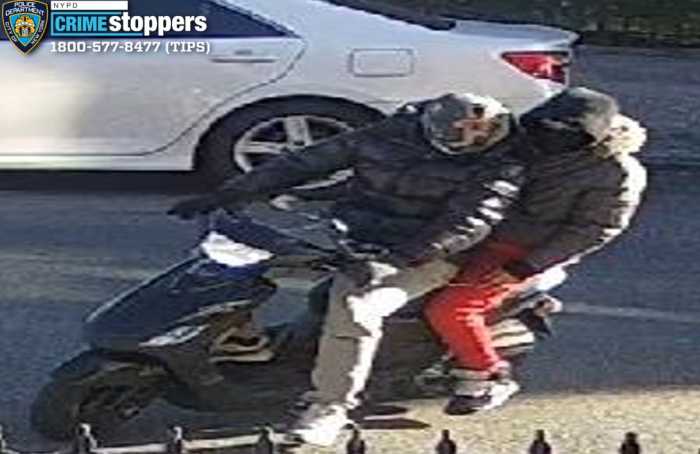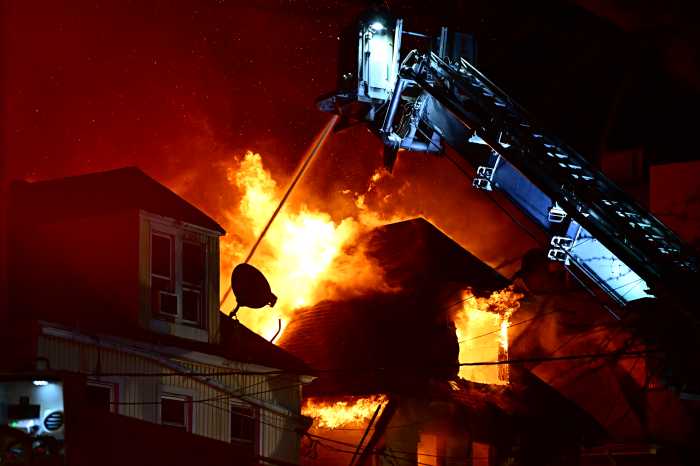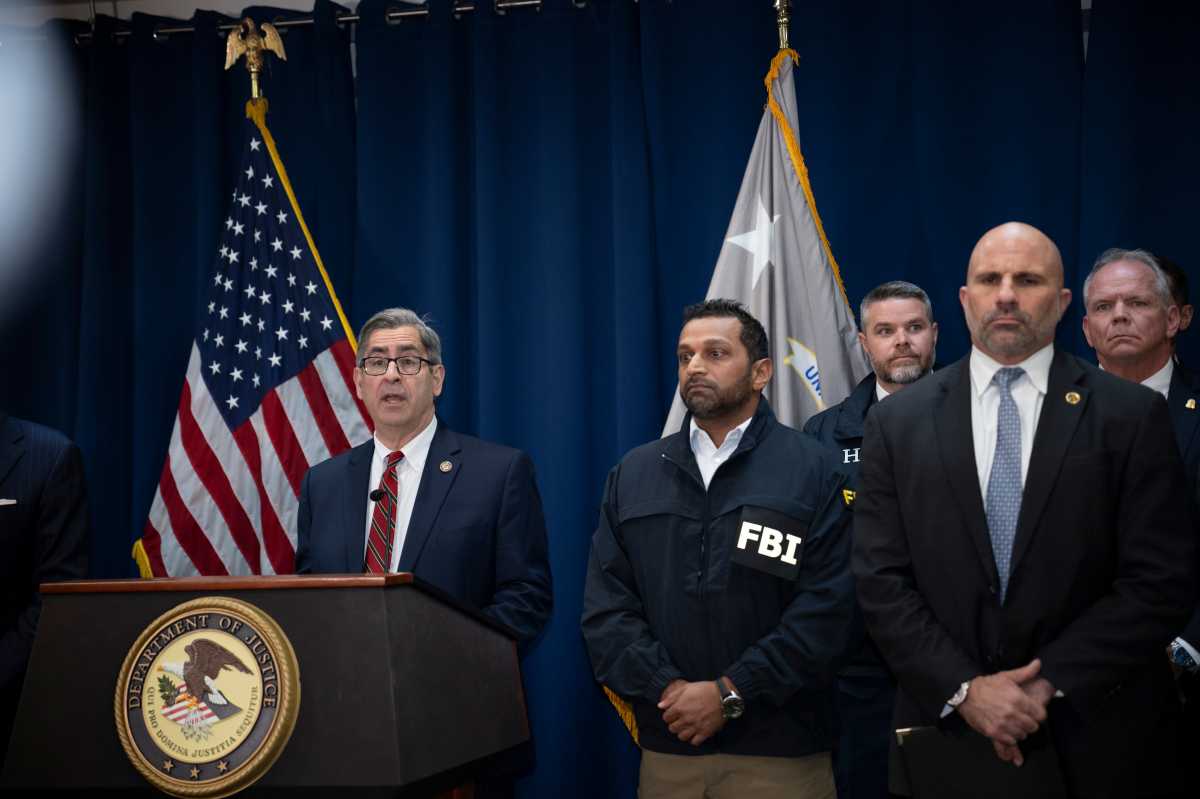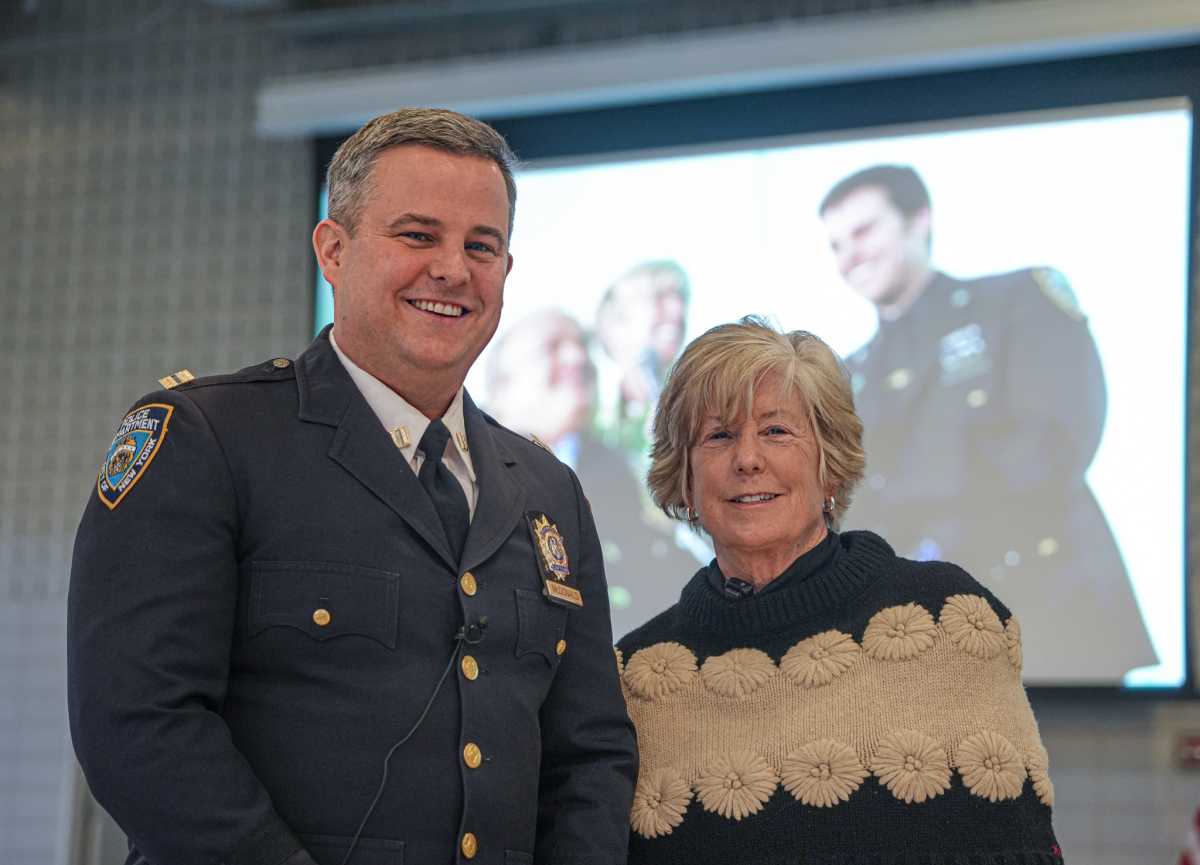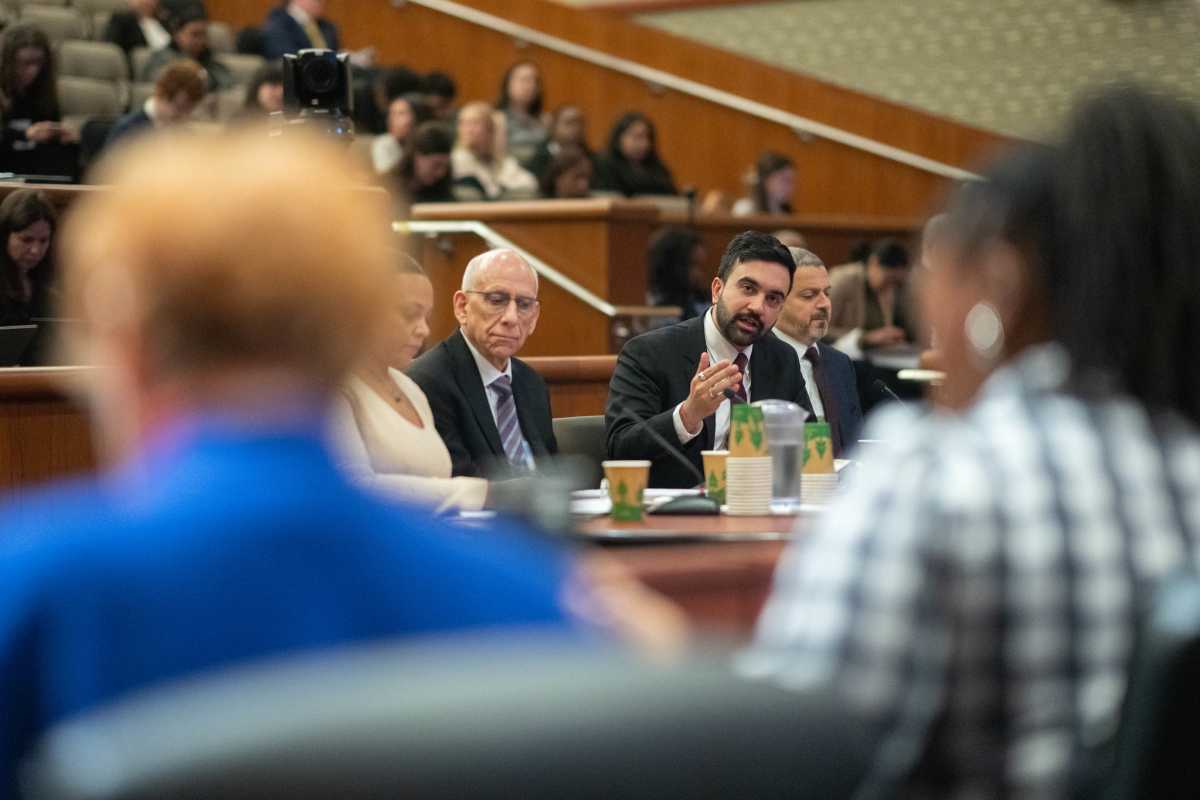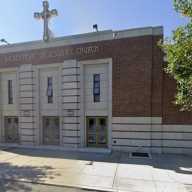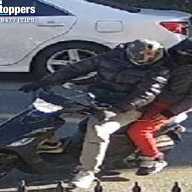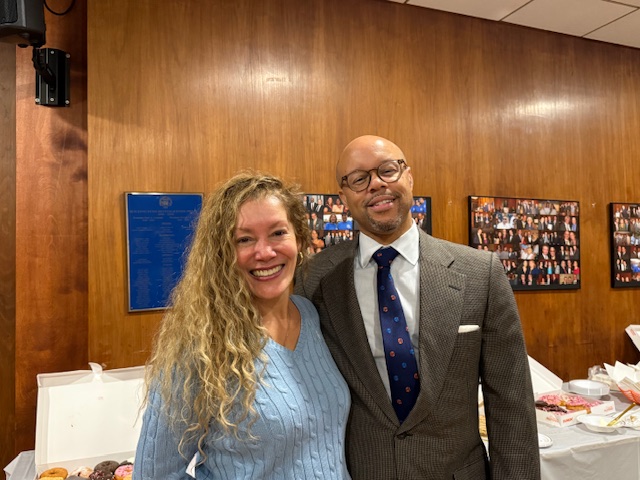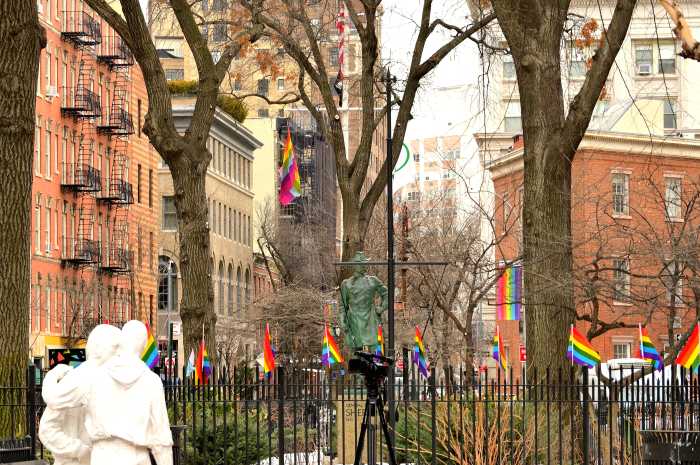Mandates Removal As Comm. Svc.
Convicted graffiti vandals would be sentenced to clean up and repair damaged property under a bill recently passed by the State Senate and is now under consideration in the Assembly.
State Sen. Joseph P. Addabbo announced that the legislation (S.585), which he co-sponsored with State Sen. Jeffrey Klein of the Bronx, mandates a community service sentence in the form of graffiti removal for any individual found guilty of committing such vandalism in the Empire State.
“This legislation adds new meaning to the phrase ‘Tag, you’re it!'” Addabbo said in a statement last Tuesday, Feb. 21. “Specifically, people convicted of graffiti tagging would find that they’re the ones ultimately responsible for scrubbing off or otherwise removing stubborn paint on walls, buildings and wherever else this vandalism occurs. As part of their sentence, vandals would be forced to learn just how time-consuming and difficult it is to clean up graffiti and repair defaced property.”
According to a State Senate memorandum attached to the bill, the graffiti removal mandate “will help teach [offenders] the social consequences of their conduct, as well as the labor required to counteract their vandalism.”
“Hopefully, it will also instill a sense of pride in the repair work, which will serve to prevent these offenders from committing acts of vandalism in the future,” the memo also noted.
The legislation includes an exemption mandating the removal of graffiti by convicted vandals at locations where it is deemed “unreasonably dangerous” or if there is no graffiti removal program in place in a given area. All owners of private properties that have been damaged by the vandal must also grant formal consent to allow the convicted of- fender to perform cleanup of the tags.
“Graffiti all too often mars neighborhoods and costs property owners a lot of time in cleanup costs,” Addabbo added. “This bill sends a clear message to graffiti vandals that if they spray, they’ll pay.”
As noted, the bill is currently awaiting action in the Assembly. Should it pass there, the bill must then be signed by the governor in order to become law.
Provisions in the legislation will take effect on the first day in November if it is enacted.

